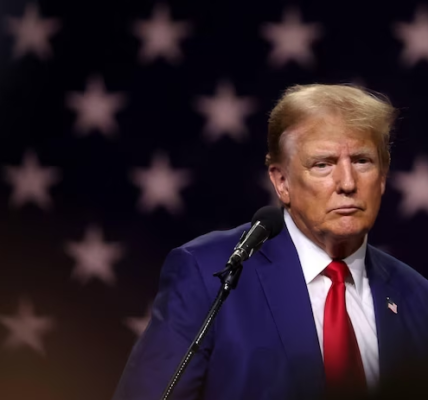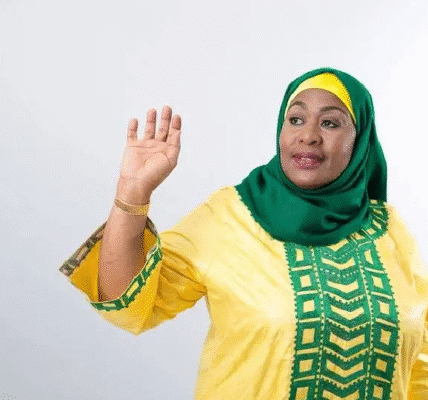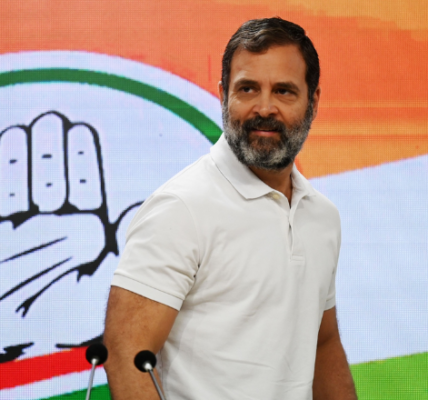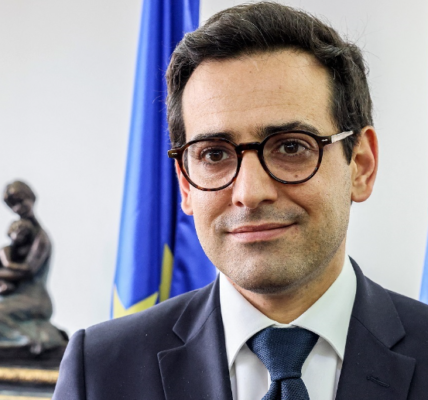François Hollande, born on August 12, 1954, in Rouen, France, served as the President of France from 2012 to 2017. A lifelong member of the Socialist Party, Hollande built a career defined by steady persistence, social reform, and a commitment to public service, even amid mounting political challenges. Known for his unassuming persona, he was often referred to as “Monsieur Normal”—a self-embraced nickname that contrasted with the more flamboyant styles of his predecessors.

Early Life and Political Beginnings
Hollande was raised in Haute-Normandie in a family with strong academic and medical roots—his father was a physician. He attended some of France’s most prestigious institutions, including Sciences Po, HEC Paris, and finally the École Nationale d’Administration (ENA)—a training ground for many of France’s future leaders.
At ENA, he met Ségolène Royal, a fellow student and future presidential candidate, who would become his long-term partner and the mother of his four children. Hollande joined the Socialist Party in 1979 and worked early on as an economic adviser during President François Mitterrand’s administration.
Climbing the Political Ladder
Hollande ran for a seat in the National Assembly in 1981 but lost to Jacques Chirac. Undeterred, he continued building his profile, serving as an assistant on economic affairs and later as chief of staff for government spokespersons under Prime Minister Pierre Mauroy.
He finally won election to the National Assembly in 1988, representing Corrèze, though he lost the seat in 1993 and regained it in 1997—the same year he succeeded Lionel Jospin as First Secretary of the Socialist Party, a position he held until 2008.
Despite not being the most charismatic figure, Hollande gained a reputation as a stabilizing presence within the party. He also served as Mayor of Tulle (2001–2008) and held other regional posts, strengthening his local and national influence.
Path to the Presidency
After the 2007 defeat of Royal to Nicolas Sarkozy in the presidential election—and following the very public end of their relationship—Hollande stepped down as party leader. The Socialist Party was thrown into further disarray by the 2011 arrest of Dominique Strauss-Kahn, the presumed front-runner for the 2012 election.
This paved the way for Hollande to rise as the Socialist Party’s presidential candidate, offering a moderate platform focused on economic fairness and social justice. Surprisingly, he received backing from none other than former president Jacques Chirac.
In May 2012, Hollande defeated Sarkozy in a runoff, winning nearly 52% of the vote, and became the 24th President of France.
Hollande’s Presidency (2012–2017)
Economic Reform & European Diplomacy
Upon taking office, Hollande immediately began forging new diplomatic relationships—most notably with German Chancellor Angela Merkel—as the Eurozone was deep in a financial crisis. While Merkel promoted austerity, Hollande advocated for growth-led recovery. At home, he raised corporate taxes, proposed a 75% top income tax (later ruled unconstitutional), and pushed for spending cuts.
Foreign Policy & Military Interventions
Hollande became a vocal opponent of Syrian President Bashar al-Assad and supported military responses after alleged chemical weapon use in Syria. He also sent French troops to Mali in 2013 to combat Islamic militants and led efforts in the Central African Republic, shaping what became known as the “Hollande Doctrine”—a policy favoring assertive military engagement abroad.
Domestic Troubles & Declining Popularity
Despite his active foreign policy, Hollande struggled at home. The economy remained stagnant, unemployment stayed high, and his sweeping tax reforms were unpopular. Local and EU elections in 2014 delivered crushing defeats for the Socialist Party.
He reshuffled his cabinet, naming Manuel Valls as Prime Minister, but public confidence remained low. His approval ratings dropped sharply—at one point reaching single digits, a record low for a sitting French president.
Terror Attacks and National Mourning
In 2015, France faced a series of terrorist attacks, including the Charlie Hebdo shootings and the November Paris attacks, which left 129 dead. Hollande’s swift response—declaring a state of emergency and increasing counterterrorism efforts—initially boosted his standing, but the long-term political benefit was minimal.
Choosing Not to Run Again
With the political climate shifting and populist sentiment rising, Hollande made the unprecedented decision to not seek reelection in 2017—the first sitting French president in the Fifth Republic to do so. His tenure was marked by ambitious goals and difficult trade-offs, leaving behind a mixed legacy.
Life After the Presidency
In 2018, Hollande published his memoir, “Les Leçons du pouvoir” (The Lessons of Power), where he reflected on his presidency, defended his decisions, and criticized the direction taken by his successor, Emmanuel Macron.
Though no longer in elected office, Hollande remains an active voice in French politics and public discourse, especially on issues related to social justice, democracy, and international diplomacy.
Legacy
François Hollande may not have been the most flamboyant or popular president, but his quiet pragmatism and steady leadership during turbulent times—economically and geopolitically—offer important lessons in political resilience. Known for balancing diplomacy with decisive action abroad and navigating intense domestic scrutiny, Hollande remains a key figure in modern French political history.





